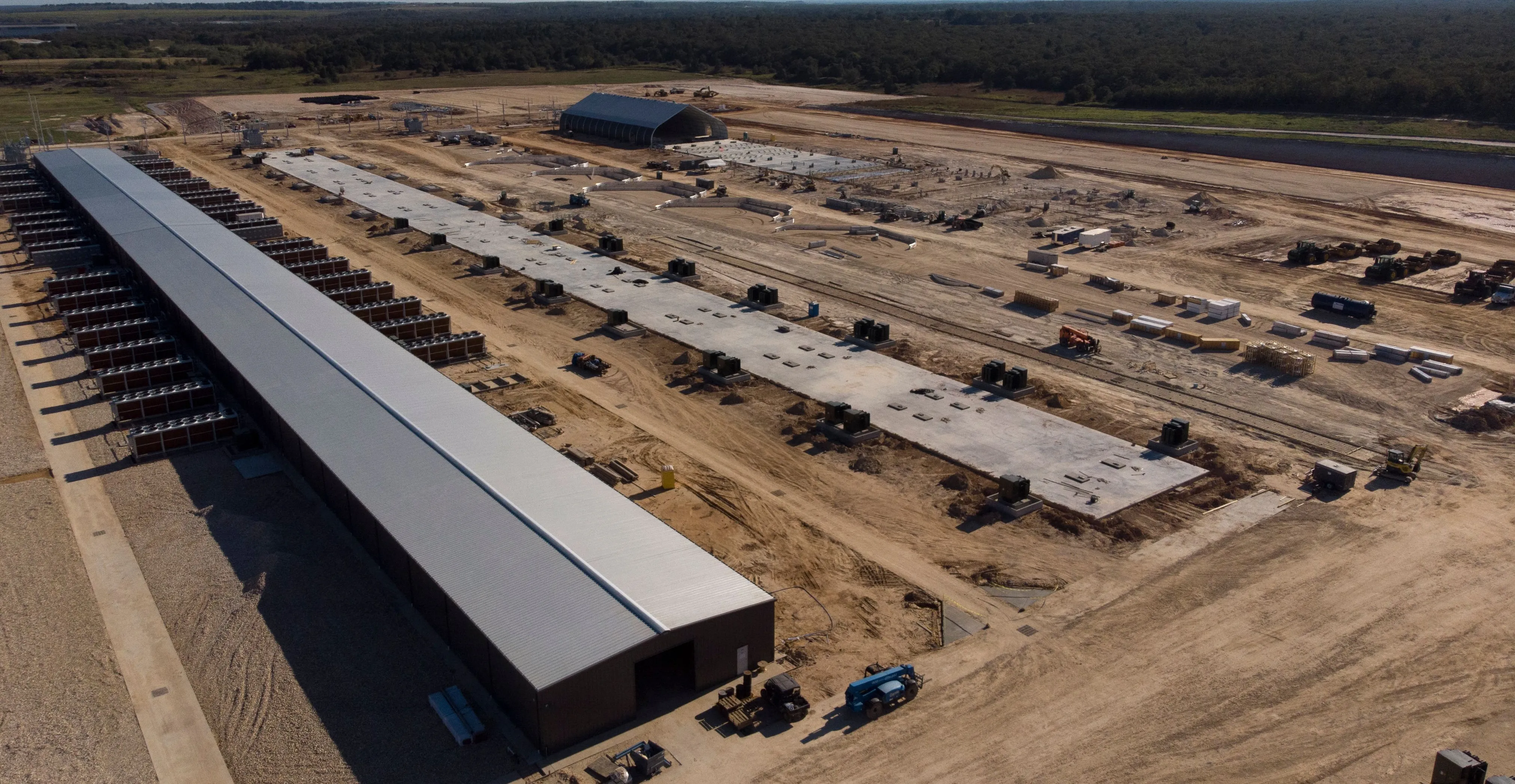Residents In Texas Fight Back Against Disruptive Bitcoin Mine
Residents In Texas Fight Back Against Disruptive Bitcoin Mine
By
Rachel Steinberg
Last updated:
September 4, 2025
First Published:
December 2, 2025

Photo: The Verge
In Hood County, Texas, a quiet rural community has become the unlikely stage for a clash between local residents and the booming bitcoin mining industry. What began as a high tech operation promising investment and jobs has quickly turned into a daily struggle for peace as noise and energy concerns spark strong opposition.
The rise of mining in rural Texas
Texas has become a hotspot for bitcoin mining thanks to its abundant land, relatively cheap energy, and supportive state policies. Companies rushed to build large scale facilities in rural regions, hoping to capitalize on the state’s favorable conditions. For Hood County residents, however, the sudden arrival of heavy machinery and round the clock operations has altered the character of their community.
The problem of noise and disruption
The main concern voiced by residents is the constant noise generated by the massive cooling systems required to run mining rigs. Day and night, the hum of industrial fans echoes across the area, disrupting daily life and reducing the quiet charm that originally drew many families to the county. Some locals describe the sound as similar to a jet engine that never shuts off.
Community response and push for incorporation
Frustrated by the lack of direct control, residents are now pushing to incorporate their community as an official town. By doing so, they aim to gain more authority to regulate industrial activities and protect their environment. This effort represents a grassroots attempt to reclaim local decision making power in the face of an industry that often operates at scales far beyond small town governance.
The broader debate around mining
The Hood County dispute mirrors a growing conversation across the United States about the balance between economic opportunity and environmental or social costs of crypto mining. Supporters argue that mining brings investment, tax revenue, and innovation, while critics highlight the strain on power grids, noise pollution, and potential environmental impact. The situation in Texas serves as a clear example of the challenges that come with integrating crypto infrastructure into everyday communities.
What comes next
Whether residents succeed in their effort to incorporate and establish new regulations remains uncertain. What is clear is that this fight is unlikely to be the last. As bitcoin continues to grow, mining operations will expand, and communities across the country will face similar questions about how to coexist with an industry that promises financial growth but also carries real world costs.
Popular articles
Subscribe to unlock premium content
Disney’s Timeless Magic and How the Entertainment Giant Continues to Shape Culture and Innovation

Imran Khan’s Economic Missteps Amid Political Chaos in Pakistan

The Philippines’ Digital Shift How Remittances and BPO Are Fueling Growth

Disney’s Timeless Magic and How the Entertainment Giant Continues to Shape Culture and Innovation

Imran Khan’s Economic Missteps Amid Political Chaos in Pakistan

Disney’s Timeless Magic and How the Entertainment Giant Continues to Shape Culture and Innovation









